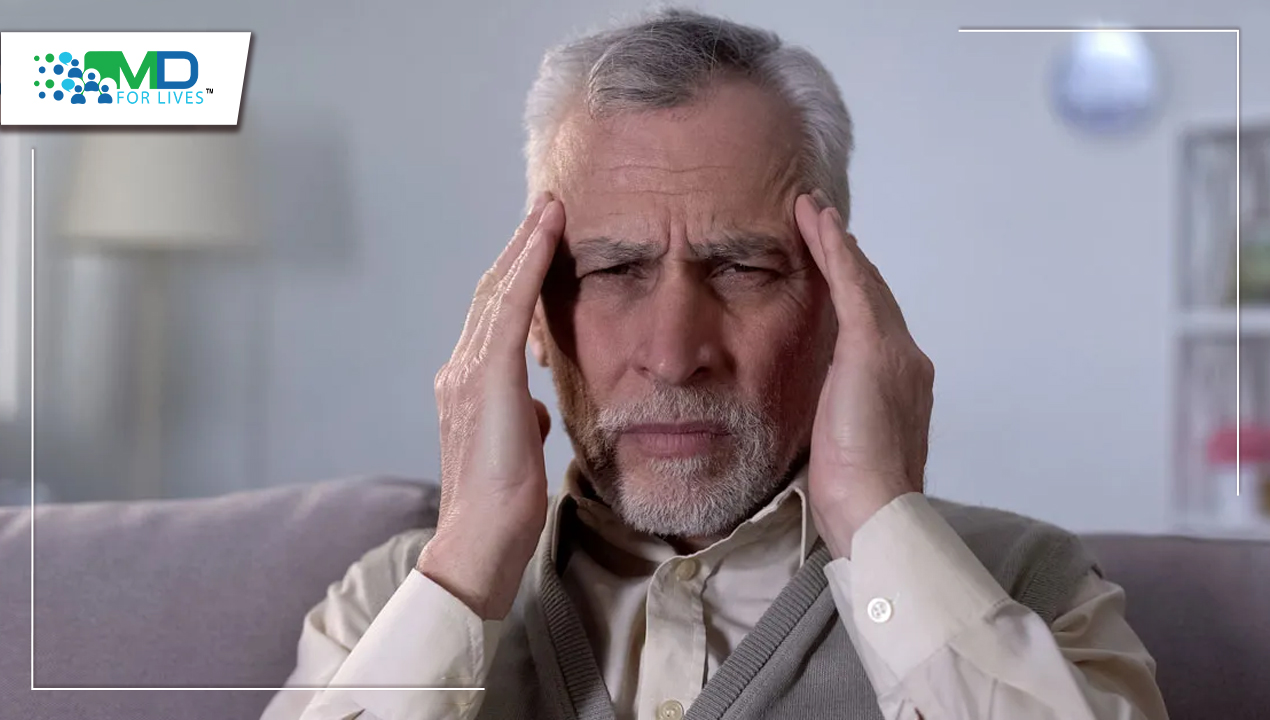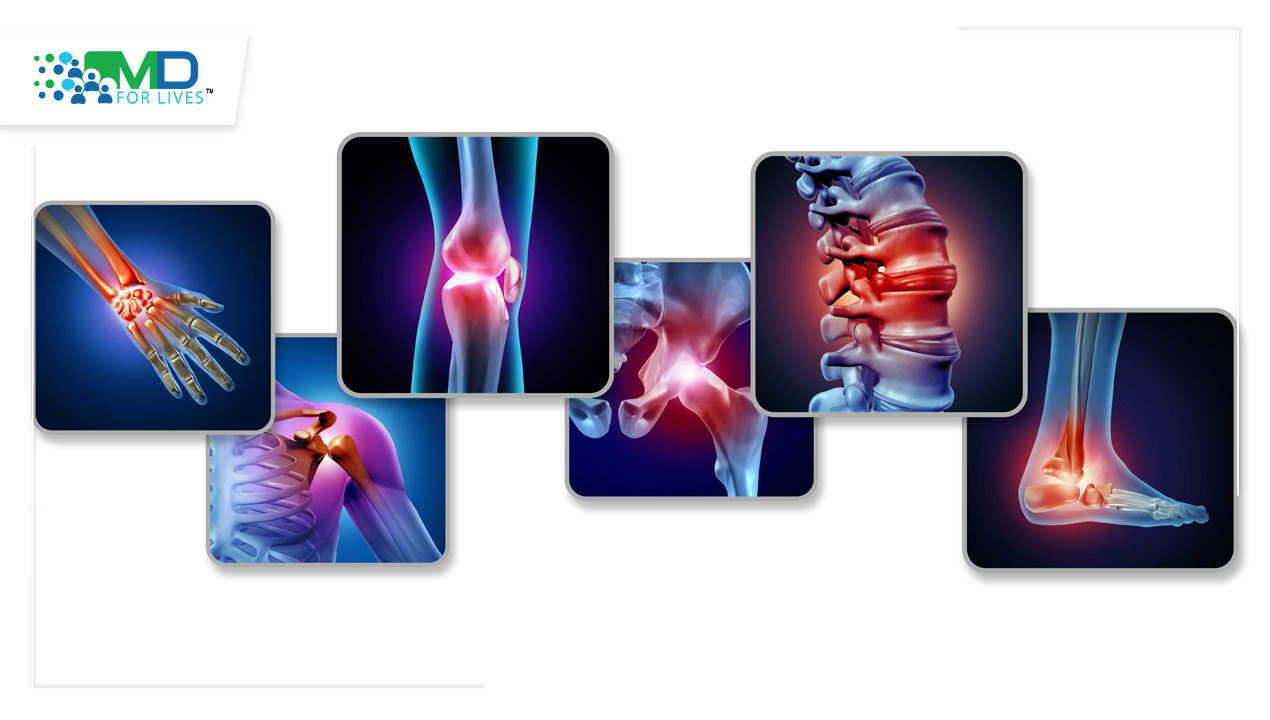Tea is a popular way for many individuals to start their day. According to a new study, those who drink it very hot may increase their risk of esophageal cancer. Consumption of hot tea is linked to an increased risk of esophageal cancer, especially esophageal squamous cell carcinoma. According to the International Agency for Research on Cancer, esophageal disease is the eighth most frequent cancer in the world and is generally lethal, killing about 400,000 individuals each year. It’s frequently caused by repeated esophageal injuries from tobacco, alcohol, acid reflux, and — possibly — hot liquids. The esophagus is a lengthy tube that transports food and liquids from the mouth to the stomach.
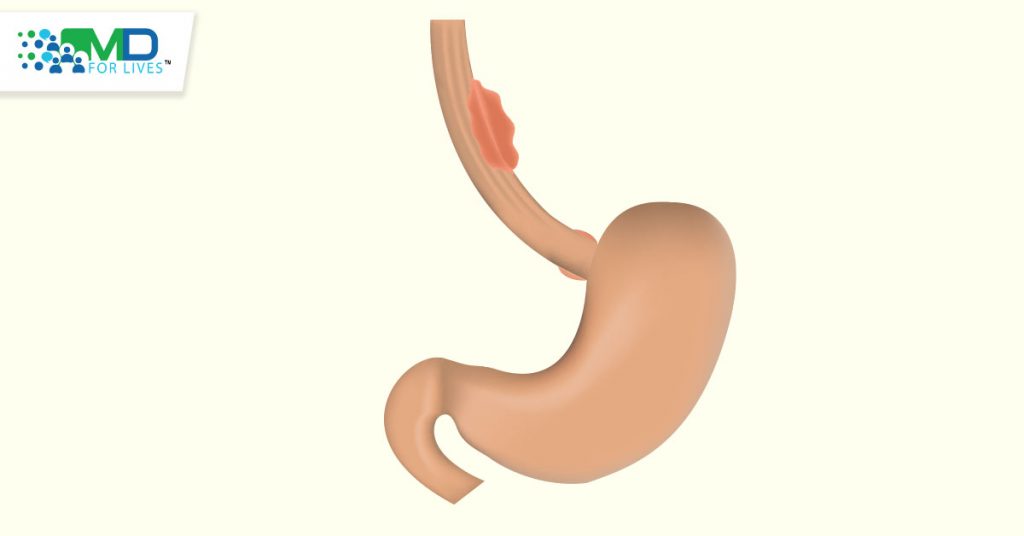
Primary Histologic Subtypes of Esophageal Cancer
The two primary histologic subtypes of esophageal cancer, esophageal squamous cell carcinoma (ESCC) and esophageal adenocarcinoma (EAC), have been linked to several risk factors. Tea, a popular beverage prepared from the dried leaves of the Camellia sinensis plant, is mostly eaten in the form of black and green tea. Green tea contains polyphenols, which have been researched extensively as a cancer chemopreventive agent. The most prevalent and active ingredient in tea, epigallocatechin gallate (EGCG), has been shown to inhibit cancer progression. Tea drinks are commonly made using a combination of boiling water and tea leaves. Because very hot beverages are classified as Category 2A carcinogens for ESCC by the International Agency for Research on Cancer (IARC) monograph, the potential thermal injury should be considered. New research was conducted to analyze this correlation more precisely due to the inconsistent link and the fact that individual studies may be inadequate to adequately detect the possible risk of EC and hot tea use.2
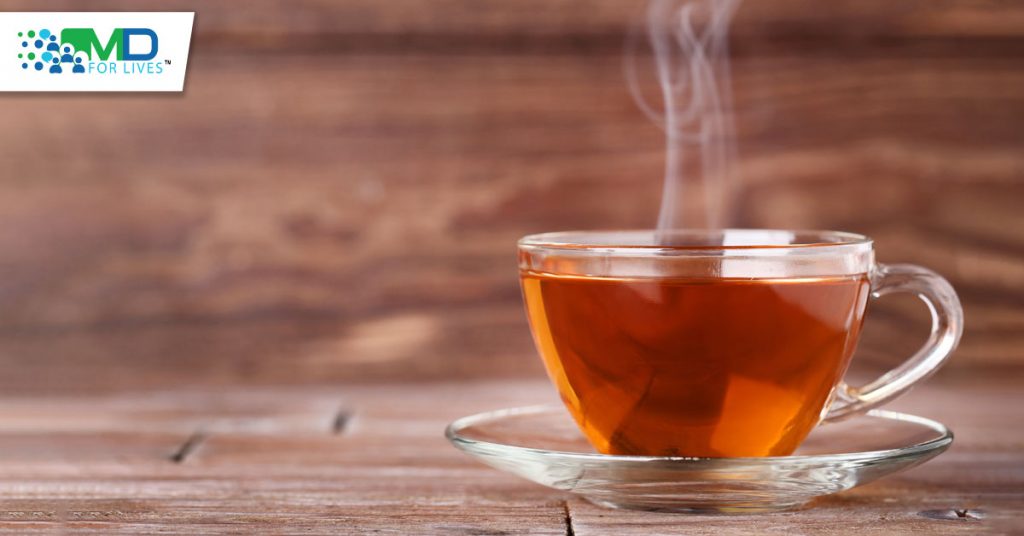
Esophageal Cancer Symptoms
Swallowing difficulty or pain is the most common sign of ESCC or any type of esophageal cancer. Other symptoms of ESCC, in addition to pain and trouble swallowing, include hoarseness, weight loss, chronic cough, indigestion or heartburn, esophageal bleeding, reduced appetite, etc.
Treatment for Esophageal Cancer
Treatment is determined by the stage of esophageal cancer:
- The doctor may prescribe that the malignant portion of the esophagus be removed and a section or all of the esophagus removed if cancer has spread deeper into it.
- High-energy radiation beams are used to stop cancer cells in the esophagus during radiation therapy. Before or after surgery, radiation may be employed.
- Chemotherapy is a sort of medication treatment that is used to treat cancer.3
Side Effects of Drinking Tea too much
The beverage black tea is widely drunk. Most people are probably safe drinking black tea in moderate amounts (approximately 4 cups per day).
More than four cups of black tea per day may be harmful. Caffeine can create adverse effects when consumed in big quantities. Headache and irregular heartbeat are two examples of side effects that can range from minor to severe.
Drinking a lot of black tea with more than 10 grams of caffeine is probably dangerous. This high dose of black tea could result in death or other serious negative effects.
More than 3 cups of black coffee per day during pregnancy is potentially dangerous, as it has been associated with an increased chance of miscarriage, an increased risk of sudden infant death syndrome (SIDS), and other unfavorable effects, such as neonatal caffeine withdrawal symptoms and low birth weight.
The caffeine in black tea is transferred into breastmilk during breastfeeding. In nursing newborns, it may cause agitation and increased bowel movements.
The caffeine in black tea may exacerbate anxiety. Caffeine in black tea may help to prevent blood clotting. Caffeine in large doses might induce irregular heartbeat in some persons. Black tea contains caffeine, which may influence blood sugar levels. The caffeine in black tea, especially in strong doses, may aggravate diarrhea.
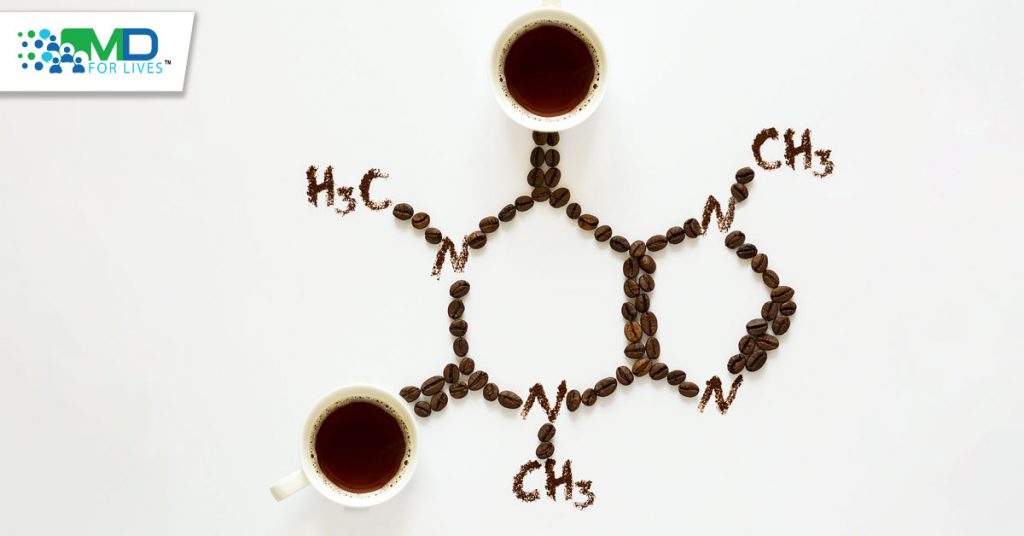
Caffeine in high quantities can trigger seizures or reduce the effectiveness of seizure medications. The pressure inside the eye increases when you drink caffeinated black tea. The increase happens in less than 30 minutes and lasts at least 90 minutes. Black tea has also been linked to breast cancer, uterine cancer, ovarian cancer, endometriosis, and uterine fibroids.4
Drinking Hot Tea and Esophageal Cancer
Tea drinking has been demonstrated to protect against the development of esophageal cancer in numerous laboratory trials (EC). However, inconsistent or even contradictory results were commonly observed in epidemiological research, particularly when drinking tea at higher temperatures.

To see if hot tea intake was a risk factor for EC, researchers conducted a meta-analysis based on published observational studies.
A total of 23 papers were found to be eligible, with 5,050 cases and 10,609 controls, and a meta-analysis was performed using Comprehensive Meta-Analysis (CMA) software (version 2.0). When drinking tea at a higher temperature, there was a statistically significant increase in EC risk. Except for esophageal adenocarcinoma (EAC), the majority of subgroups, which are European and Australian populations, showed an elevated risk.
Are you an Esophageal Cancer Survivor? Share your Insights by Participating in Patient Survey!
Conclusion
Researchers came to the conclusion that drinking hot tea is linked to a considerably higher risk of esophageal cancer. Given the widespread use of hot tea in modern society, the findings of this study have significant significance for EC etiology research and prevention.
Also read
Management of Esophageal Cancer
Cancer Pain Management Service

MDForLives is a global healthcare intelligence platform where real-world perspectives are transformed into validated insights. We bring together diverse healthcare experiences to discover, share, and shape the future of healthcare through data-backed understanding.




